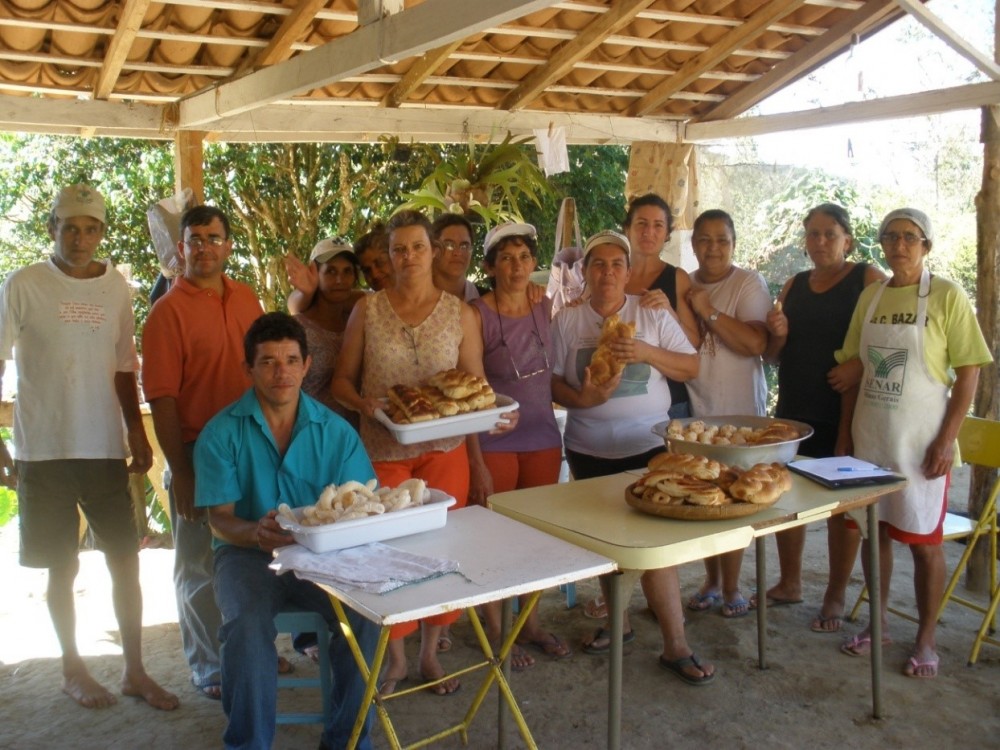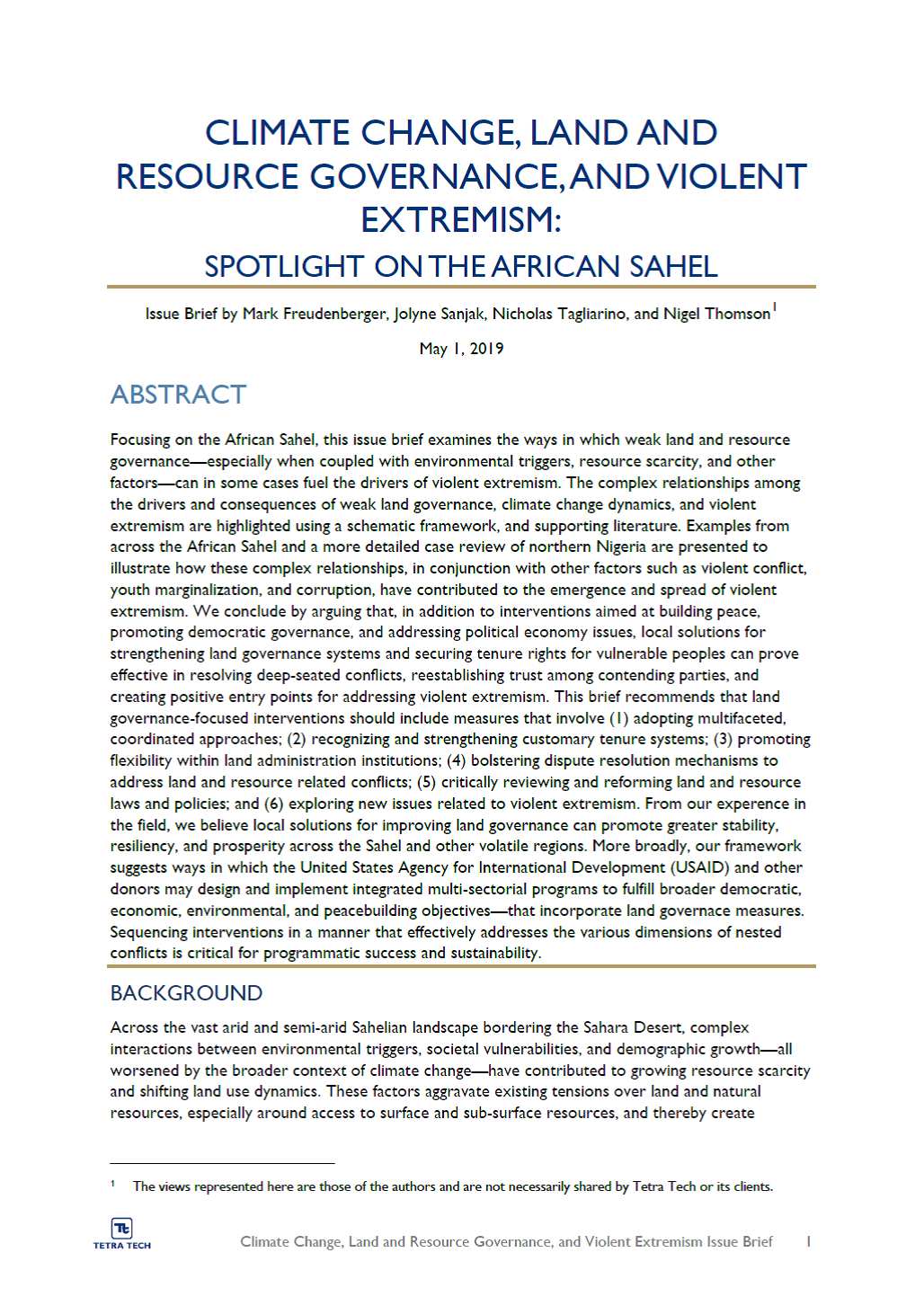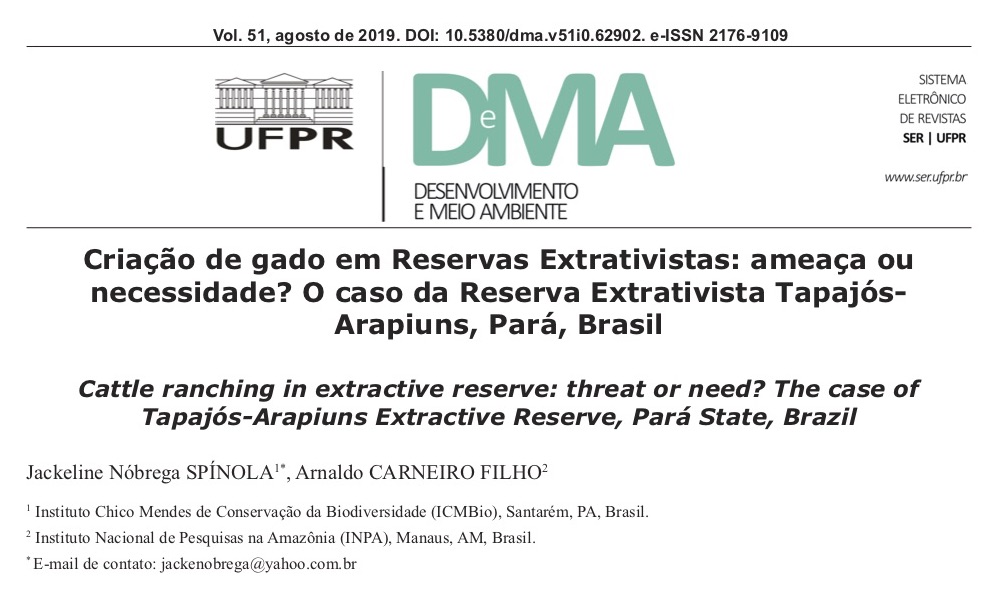Introducing nature-based solutions into urban policy – facts and gaps. Case study of Poznań
Cities often don’t appreciate the benefits of green infrastructure (GI) enough. To recognise the extent to which green infrastructure and nature-based solutions (NbS) are present in the urban policy, we conducted a review of planning, strategic and programming documents of Poznań City as a Case Study.








